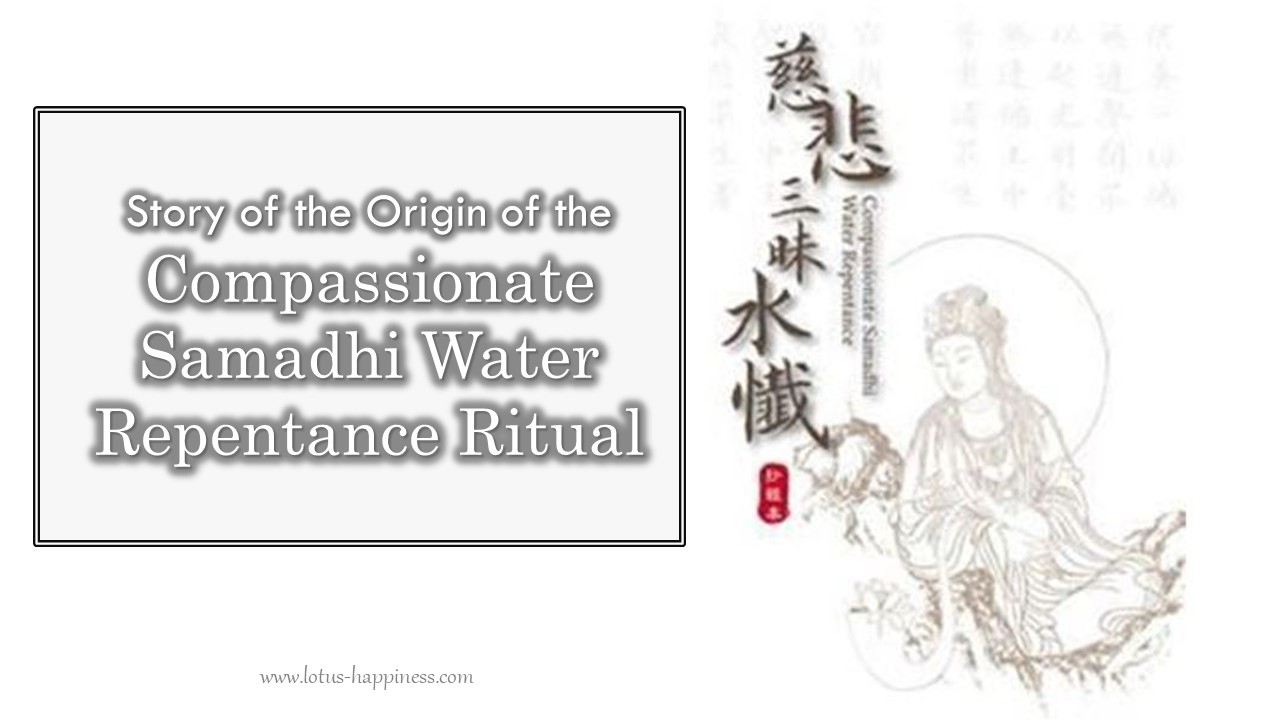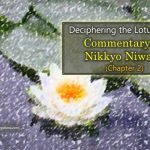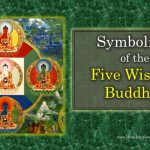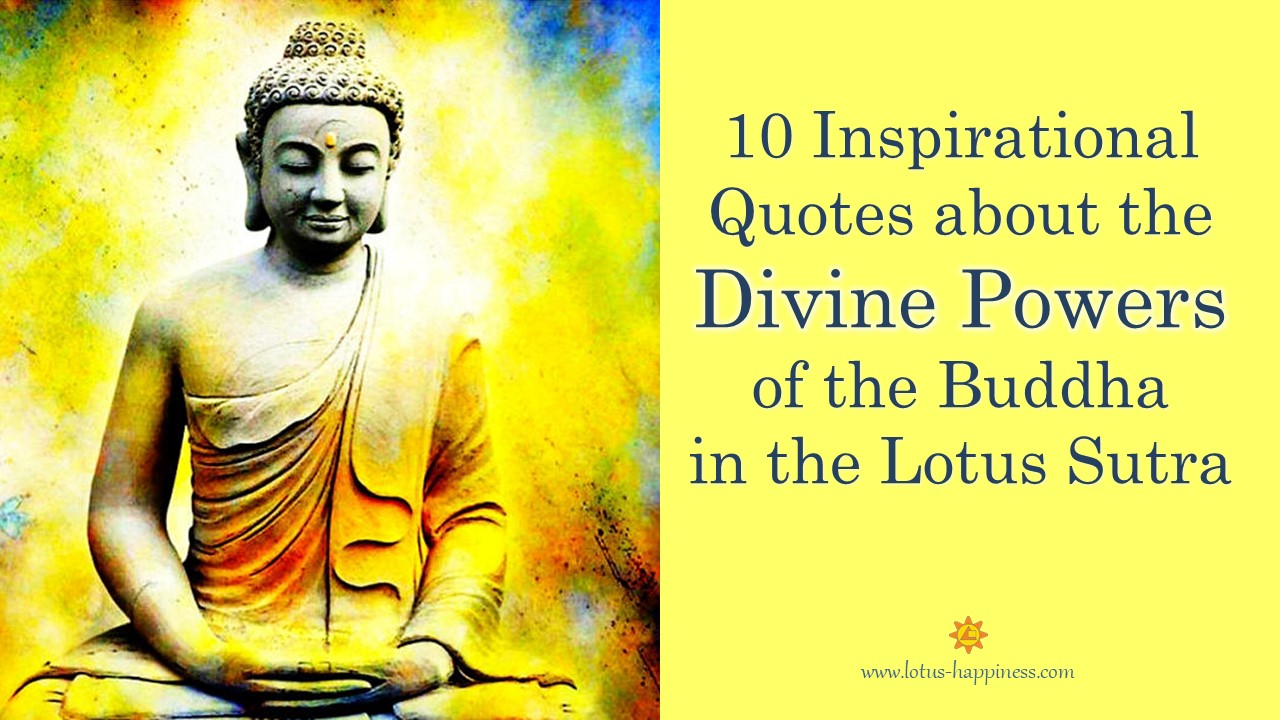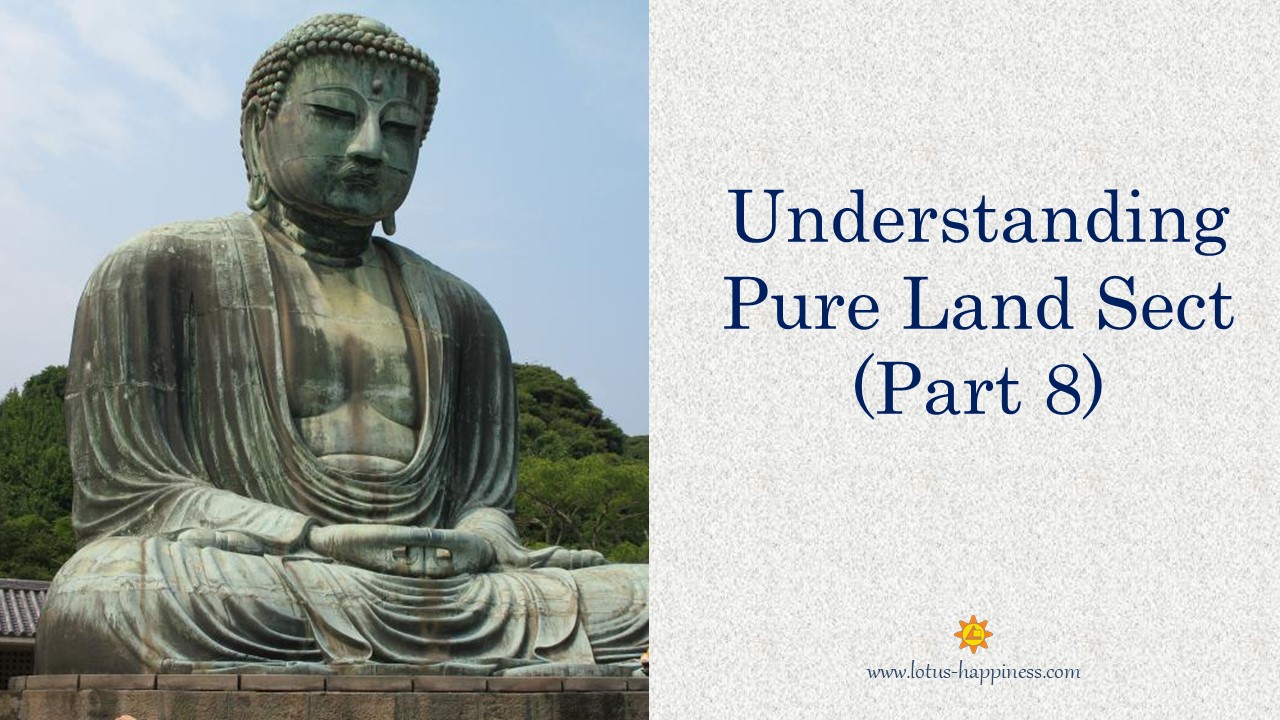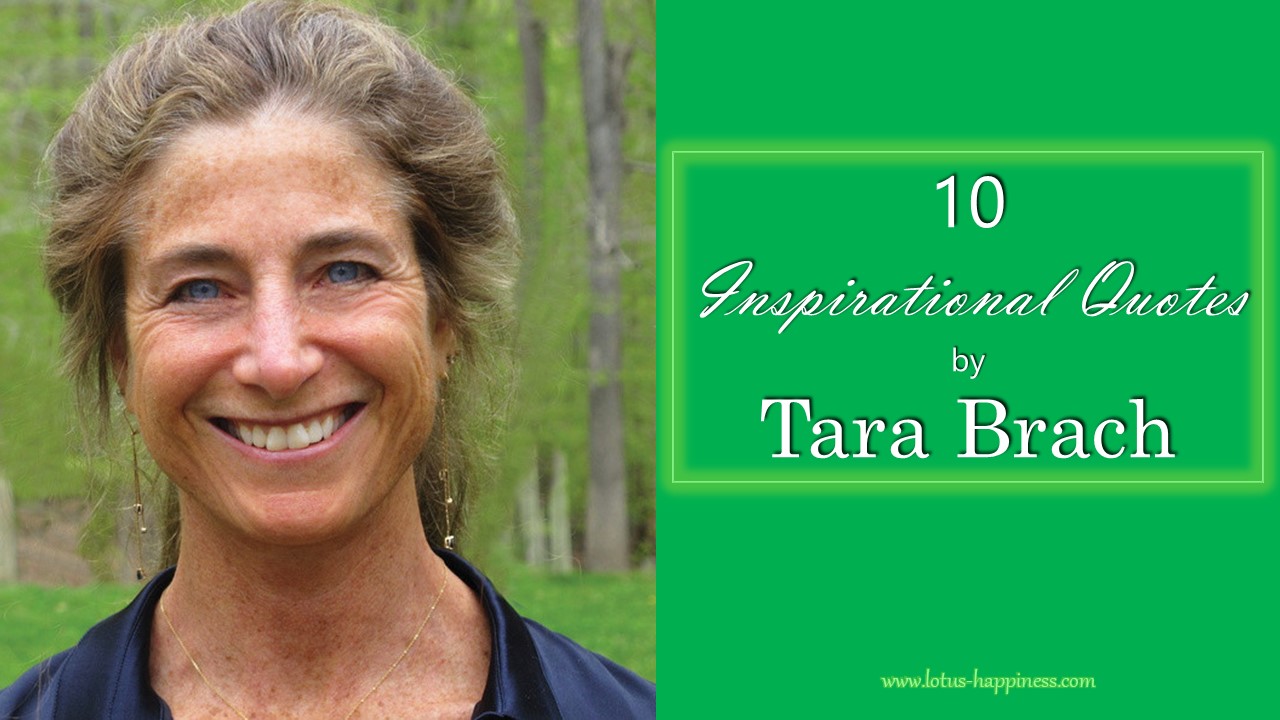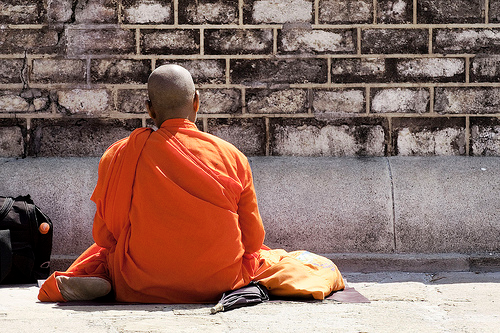The Story of the Origin of the Compassionate Samadhi Water Repentance Ritual
The Holy Water Repentance Ritual is attributed to a famous monk — Wu Da (literally, Realization without Obstruction) during China’s Tang Dynasty. Wu Da became a monk at the age of 7 and by age of 14, he was already preaching Buddha Dharma to the emperor.
One time when Monk Wu Da was young and visiting various temples, he encountered an ill monk residing next to him at a temple. This monk he met had ulcers all over his body and reeked rancid and odorous smells. All, except Wu Da, stayed away from him. Wu Da sympathized with this monk and often took care of him. Later on, this monk recovered. In return for his kindness, this monk told Wu Da: “I appreciate your kindness. If you ever run into a difficult situation in the future, please come to Jiulong Mountain at the County of Peng in the Province of Sichuan. The location where I reside is marked by two pine trees joined together. My name is Kanaka.” The recovered monk then left.
Later in life, due to his many virtuous deeds and highly regarded practice, he was elevated the head monk of the state by the emperor (around 869 A.D.) Wu Da is actually not his original dharma name, but a name given by the emperor. One time, with this incomparable rise of fame and power, he succumb to the feeling of pride while preaching the dharma. Just as sudden as this sense of pride surfaced in his mind, out of no where, a ball of some sort came flying into his left knee. Immediately, a human face appeared on his left thigh, with eyes, brows, mouth and even teeth, all indistinguishable from a real human face. This face was so alive that it even required daily feed of food and water. Monk Wu Da was in excruciating pain everyday but no doctors could find a cure.
One day, Wu Da remembered what Kanaka had said to him many years before. He then left for Sichuan in order to find his old friend for help. When he finally came to the right mountain and hiked up the rough and difficult path, the only thing that was clear was that he had no idea where to go to find his friend’s residence. Then all of a sudden, he saw two pine trees at a distance, joined together as described by his friend. Upon arrival, he found a grandiose building, with his friend greeting at the gate. After describing his troubles, he was assured by Kanaka that it would be a simple matter and that his wound would be cleansed by the water under the rock the next day.
Next morning, Wu Da was led by a child servant to the site of the spring. Just as he was about to cleanse his ulcers with the samadhi water, the face shouted out angrily: “Do not wash it! Do not wash it! Did you read the history from the West Han Dynasty about the story between Ang Yuan and Tsuo Chao?” “Yes”, Wu Da answered. “Then you should know that Ang Yuan wrongfully murdered Tsuo Chao. You were Ang Yuan and I was Tsuo Chao at the time. You falsely accused me of wrong doing in front of the emperor and caused me to be bisected at waist as a painful punishment. I have been trying to avenge myself ever since. However, you have been a disciplined monk during your past 10 lives and had many shields from the protectors of Buddha Dharma. I was finally able to approach you when your pride surfaced because of the special treatment you were getting from the emperor. Now, thanks to Kanaka, this water will resolve our long-standing bad karma and I will no longer seek retaliation in the future”.
Wu Da, this famous head monk of the state, was scared to death and washed off the ulcers immediately. He then fainted due to the excruciating pain that was penetrating to the bones. When he woke up, the human face on his thigh had disappeared. He returned to the pine trees to thank Kanaka. But he could not find even a trace of the house.
As an appreciation for Venerable Kanaka’s compassion that made him realize the karma from past lives, he built a hut at that location. The repentance ritual he performed daily at dawn and dusk is the Compassionate Samadhi Water Repentance we have today.

